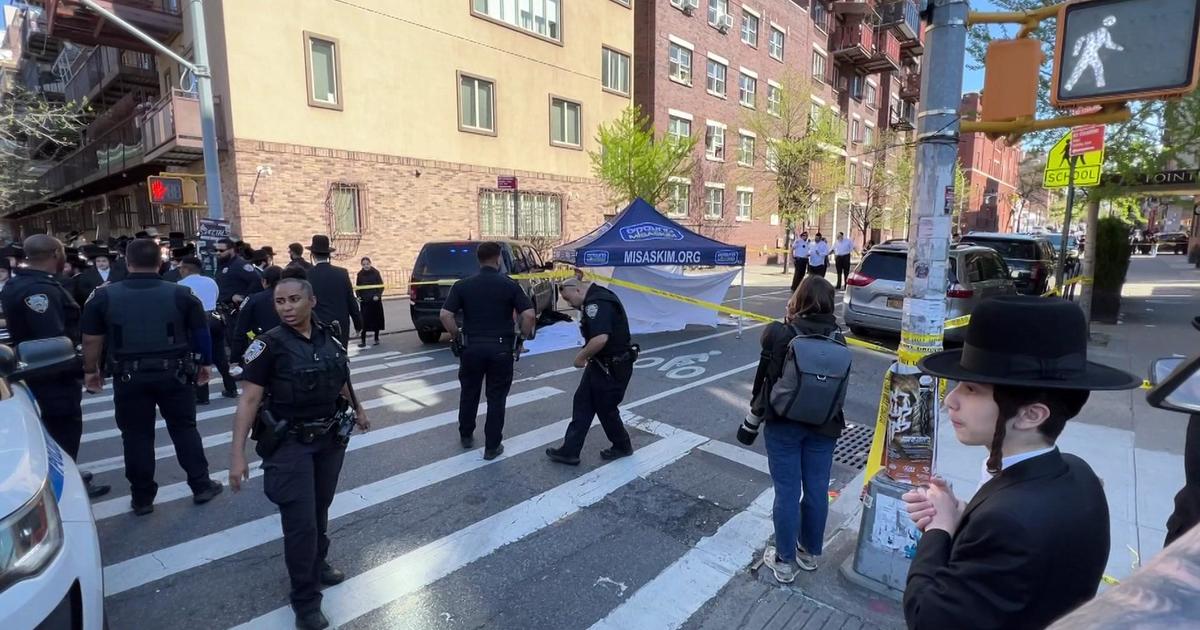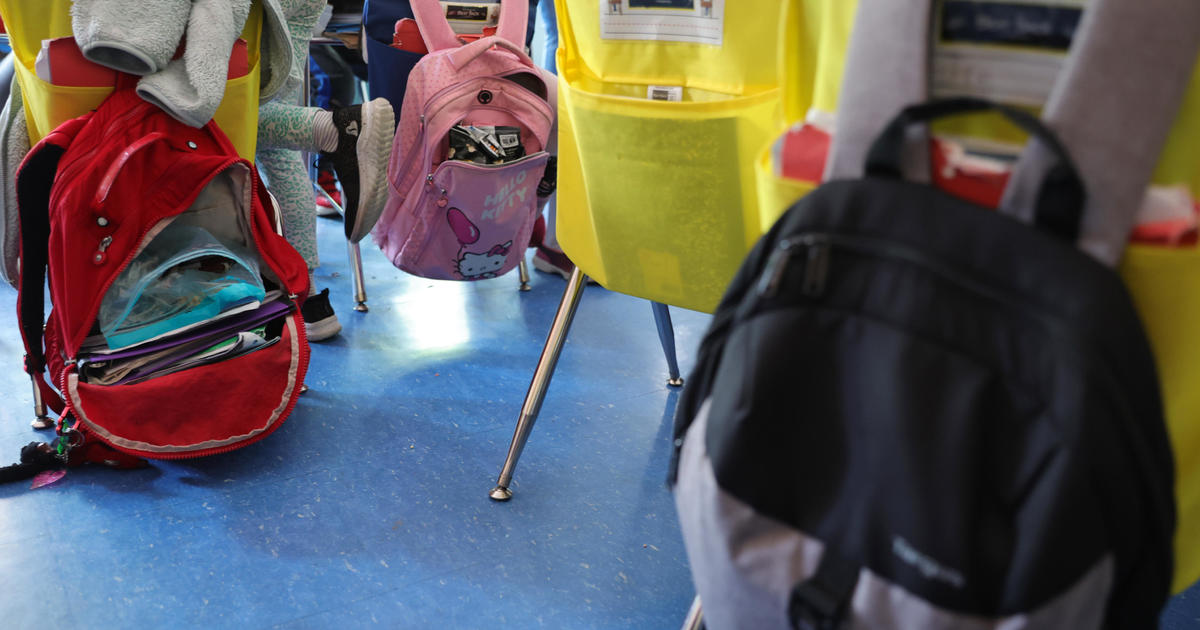'No Excuses:' Schumer Calls For NTSB Safety Review, Sleep Apnea Testing Following LIRR Crash
NEW YORK (CBSNewYork) -- State officials in New York and New Jersey are calling on the National Transportation Safety Board for increased safety reviews, sleep apnea testing and the installation of inward facing cameras on NJ TRANSIT and Metropolitan Transit Authority trains in the wake of train crashes in Brooklyn and Hoboken that left hundreds injured and one dead.
Senators Chuck Schumer and Kirsten Gillibrand, of New York, along with Senators Bob Menendez and Cory Booker, of New Jersey, released a letter to the NTSB on Sunday.
"For years the NTSB has recommended sleep apnea testing, comprehensive fatigue risk management programs, and inward facing cameras and recently the Federal Railroad Administration, the key regulatory agency on this issue, took the important step of issuing Safety Advisories on both of these issues as well," the letter states.
The call for regulatory changes comes after a Long Island Rail Road train hit a bumping block at the end of a track at Atlantic Terminal in Brooklyn earlier this week, injuring more than 100 people.
An NTSB investigation into the crash revealed that the engineer did not remember what happened at the time of impact.
"The engineer was unable to recall striking the end of the track. He does recall entering into the station and controlling the speed of the train, but then the next thing he realized was after the collision," NTSB investigator Ted Turpin said.
The crash came at the heels of other recent train derailments across the Tri-State area over the last several months, including an incident in New Jersey last September when a NJ TRANSIT train going twice the speed limit hit the bumper and slammed into the Lackawanna station in Hoboken, leaving one woman dead and more than 100 injured.
The engineer in this instance also reported not remembering the crash. It was later determined that the engineer, identified as Thomas Gallagher, has undiagnosed sleep apnea.
Officials say sleep apnea was also behind a 2013 Metro-North derailment in Spuyten Duyvil that left more than 70 injured. According to a 2014 report from the NTSB, engineer William Rockefeller's sleepiness was due to a combination of an undiagnosed sleep apnea and a drastic shift in his work schedule.
The MTA announced last April they would be expanding sleep apnea testing to all lines, but out of all branches, only Metro-North conductors have been tested, WCBS 880's Mike Smeltz reported.
"The MTA should have done this a long time ago. There's no excuses," Schumer said at a press conference at Penn Station on Sunday. "After that horrible Spuyten Duyvil accident, there's no excuse that they shouldn't have done it in all of their entities, not just one."
Turpin said the agency does not yet have information about the engineer's medical history in connection to the LIRR crash and does not know if he suffers from any medical condition.
State officials say the addition of inward facing cameras would help NTSB investigators get to the cause of these crashes.
"Even when sleep is not identified as a cause, often times the public and safety regulators are left with more questions than answers because of a lack of inward facing cameras in cabs. In an attempt to address this issue as quickly as possible, we'd urge you to take a deeper, industry wide, look at this issue," the letter states. "Following that review, we'd ask that you provide both Congress and the public with a comprehensive report on the extent to which each passenger rail system is implementing these important recommendations."
Following the Hoboken crash, the federal government issued new guidelines regarding train operators and sleep apnea. Despite the new recommendations, state officials say 'very little progress' is being made by railroad system to implement the new recommendations.
"Passenger railroads should be able to heed the lessons of other passenger railroads, and each of them should be taking steps to implement these two important provisions as quickly as possible," the letter states.
NJ TRANSIT also recently announced that it is no longer allowing its engineers who exhibit symptoms of sleep apnea to operate trains pending diagnosis and treatment.
The Long Island Rail Road said it is in favor of sleep apnea testing and is working on implementing the practice.



